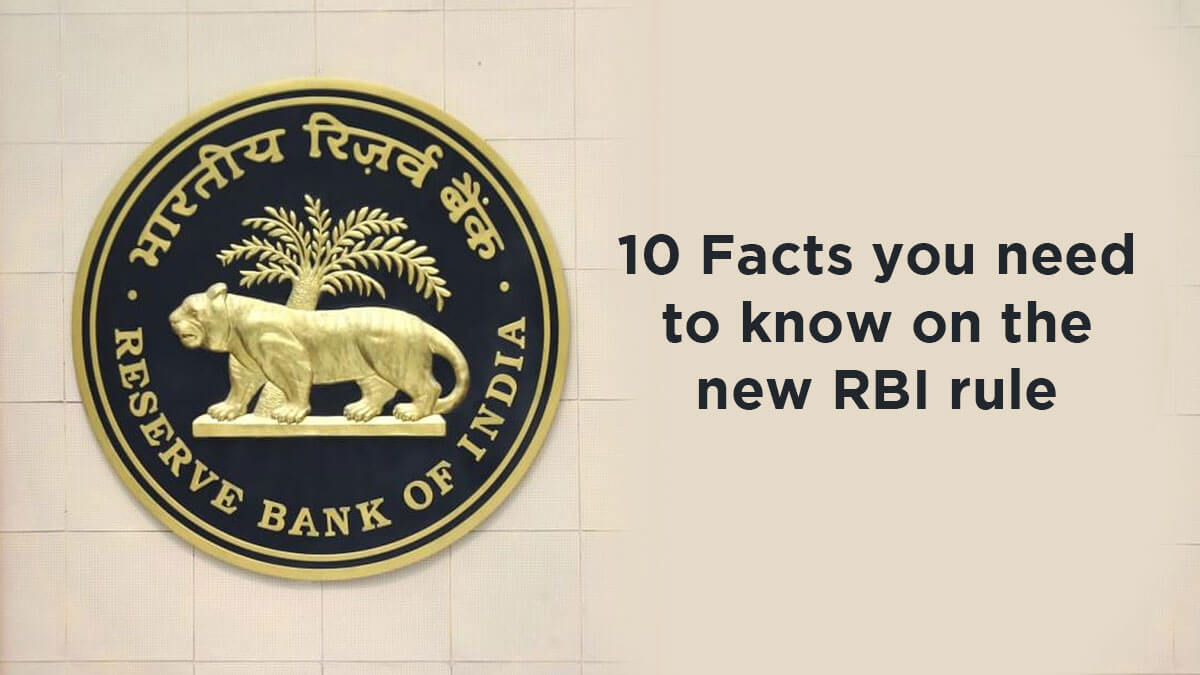
We are no longer slaves to standing in long lines to pay our utility bills. With the introduction to easy card payments followed by UPI, OTT Transaction, etc everything is at our fingertips. As things progress, we were introduced by processing recurring payments by RBI in August 2019 and then updated in December.
However, there is news that things might change as Reserve Bank of India (RBI) regulation has decided a change in the authentication of payments carried out by banks. Due to which auto and recurring payments of your smartphone, electricity bills, and subscription charges for over-the-top (OTT) which were likely to be disrupted starting April 1st have been postponed to September 30th.
RBI's new regulation requires an extra factor of authentication (AFA) for auto and recurring transactions using a credit card, debit card, UPI, or other prepaid payment instruments. What is the RBI's policy? What does it mean for you? Here are ten key facts about the new rule and how this will affect you.
1. In August 2019, the Reserve Bank of India (RBI) sent a notification to all commercial banks, card payment providers, prepaid transaction issuers, and the National Payments Corporation of India about the upcoming regulation for an additional feature of authentication on recurring transactions.
2. Recurring transactions would require additional verification from the customer beginning April 1, 2021 (Now Postponed September 30).
3. Not only would the ruling impact banks and financial institutions that sell credit cards, debit cards, and other prepaid payment instruments, but also mobile payment wallets and websites that support UPI-based payments.
4. The regulation was intended to apply to recurring transactions of up to Rs. 2,000 at first. The RBI, on the other hand, declared in December 2020 that it had agreed to lift this cap to Rs. 5,000 in response to stakeholder demands. A one-time password would be needed for all purchases above Rs. 5,000. (OTP).
5. Processing of repeated transactions using cards / UPI/ Pre-paid Payment Instruments under arrangements/procedures not consistent with the preceding instructions shall not be continued beyond March 31, 2021.(Now Postponed September 30).
6. The current regulation would require banks and payment platforms that provide recurring transactions to give consumers a pre-transaction notice at least 24 hours before the first transaction is scheduled to be debited until it is implemented.
The user can choose the mode of notification (SMS, email, etc.) while registering the e-mandate.
7. Customers' permission will be required for the notification, after which the issuer will be free to continue with the payment. AFA is not needed for future recurring transactions.
8. Both electronic payments are likely to be declined by banks, forcing consumers to complete bill payments manually. Banks have already begun telling consumers that they will not be able to accept recurring payments, suggesting that consumers will have to make transfers until the issue is settled.
9. The new regulation is expected to affect businesses that often use auto-payments for regular charges, in addition to end-users. Due to contractual arrangements, third-party payment providers have also refused to exchange consumer details with banks, possibly amplifying the issue.
10. The central bank has declined to extend the deadline, but it is estimated that the matter will be settled in the coming weeks. Meanwhile, automated transfers through banks and wallets are likely to have some issues — at least at first.
The industry is not able to adopt the RBI's e-mandate framework. Most banks and networks will need a few months to update their infrastructure to meet the new requirements. If the RBI does not issue another extension before April 1, banks can refuse consumer e-mandate transactions. This will cause havoc on recurring purchases and erode consumer trust in digital payments.
Note - The article will be updated as there is any news of the extended time, change in regulation or anything.









 Follow Us
Follow Us










In addition to this Billdesk has created monopoly by creating a solution called SI Hub (Standing Instruction Hub) according to RBI regulations. Banks will have to opt Billdesk service provider for this if Banks are unable to come up with any solution.